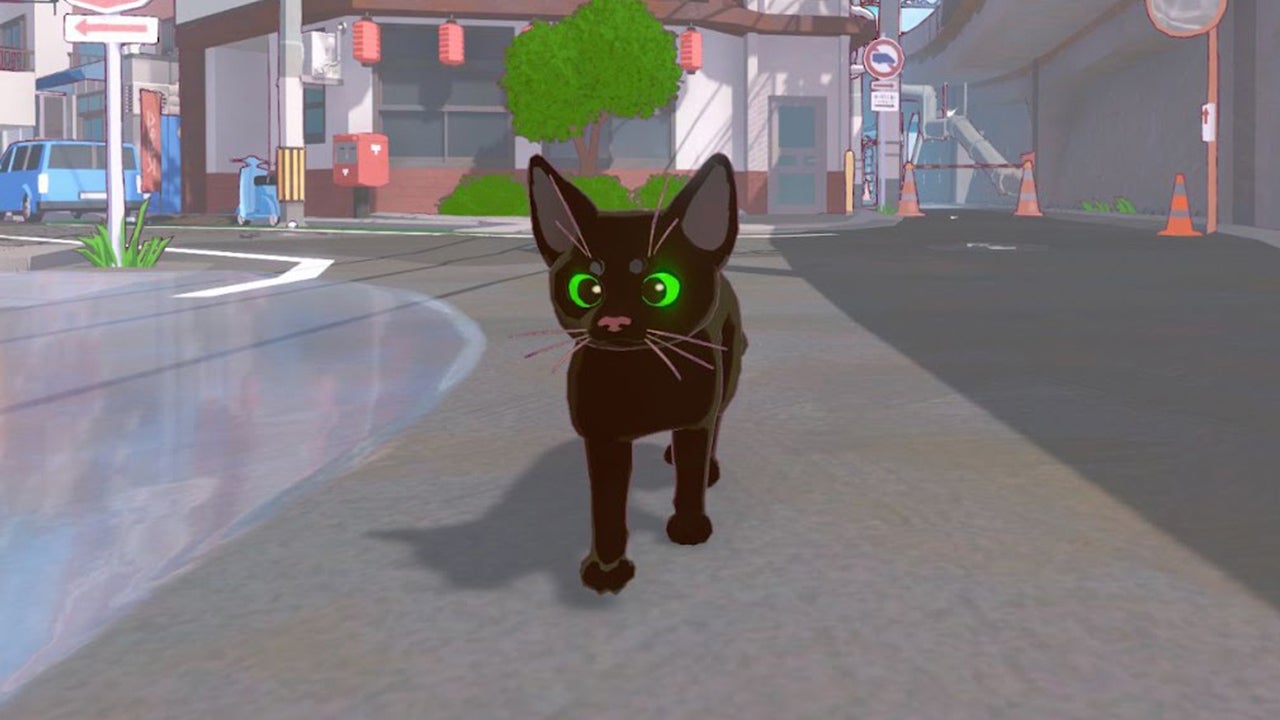Spoilers ahead for True Detective: Night Country. If you’re not caught up yet, check out our spoiler-free review of the season.
True Detective: Night Country endeavored to pack a lot into its six episodes. There were central mysteries like “What happened to the Tsalal scientists?” and “Who killed Annie Kowtok (Nivi Pedersen)?” but from the start Issa López’s take on the popular HBO crime series cast its net far wider with callbacks to the first season and touches of the supernatural. And yet despite this broader canvas, the final episode of the season brought home the central theme that trauma will recur until the spiral is broken. When Rust Cohle (Matthew McConaughey) famously intoned, “Time is a flat circle,” in Season 1, it was a more literal meaning to note that the case he and Marty Hart (Woody Harrelson) hadn’t really ended or been solved. They were both stuck because they never really confronted the crime. For the characters of Night Country, their flat circle is trauma across the centuries.
Throughout its six-episode run, Night Country has frequently been a show of innuendos. It would nod to painful episodes without explicitly stating them. We knew Liz Danvers (Jodie Foster) had lost her child, but we weren’t sure about the particulars. We knew Danvers and partner Evangeline Navarro (Kali Reis) had covered up the murder of the abusive William Wheeler (Kasper Leisner), but who pulled the trigger? Why was Danvers so protective of Peter Prior (Finn Bennett)? Why was there so much resentment towards and from his father, Hank (John Hawkes)? In the final episode, all these painful stories take shape to form a larger picture.
Some might argue that the giant, prehistoric beast of the finale has no value to a plot. To an extent, I agree.. But the beast’s spiral structure is meant to emphasize the symbolic nature of trauma across time. Night Country’s finale argues is that the pain we’ve suffered doesn’t end until we change the story. They remain, like the creature and other victims in the Alaskan cold, frozen in time. The wounds remain, and while ignoring or talking past them may ease the pain, eventually they come back around again.
Night Country shows this on both a macro and micro level. On a macro level, we can see the cycle happening across the centuries through the abuse of Indigenous people. Even injustices suffered by native tribes—in this case, the Iñupiat—are already well-documented in our history books, and yet they continues. Here, we have not only the Silver Sky Mine ruining the community and the environmental resources, but white colonialism continuing to force its will on the Indigenous tribe. The scientists all kill Annie and cover up her death to continue their work while Silver Sky pollutes and kills the community. Indigenous people are considered collateral damage to the aims of white supremacy.
Focus in a bit tighter, and you can see generational suffering. We see it with Evangeline and her sister Julia (Aka Niviâna), both of whom never really recovered from their mother’s death. Their mother died at the hands of an unknown assailant, and while Evangeline looked to try and impose order and justice on a chaotic world, Julia was frequently whipped around by misfortune until she felt that the only option left was to take her own life. It’s a tragic story where feeling like there’s no place for you in this world makes you want to leave it. The choice facing Evangeline becomes if she’ll follow her sister into the ice, or if she can find a way to conquer the effects of the abuse she’s suffered individually and as a member of the Iñupiat.
We can also see the strife between Peter and Hank. It’s clear that Peter’s greatest fear is becoming like his father—a bitter, corrupt, and abusive man filled with resentment over the things he feels entitled to. It’s not difficult to see why he’s pulled towards Danvers, who may be hard-edged and toxic, but there’s a maternal protection there. Furthermore, with Peter being a new father himself, he’s clearly worried that he’ll become like his father. They already share the same profession, and as Peter’s home life exists on a precarious edge, he must wonder if he’ll become another pathetic divorced man waiting on a tarmac for a mail-order bride that never shows.
Go down to the individual level and you hit Danvers, who has clearly been transformed by the pain of losing a child. The show dancing around what happened makes it a bit of a mystery, but really serves to emphasize how Danvers has studiously avoided examining the suffering in her own life. She can’t even bear to hear son’s name, and her overprotective nature towards step-daughter Leah (Isabella Star LaBlanc) stresses that she thinks she can prevent any harm coming to her even if it means cutting Leah off from her heritage. This loss has completely defined Danvers, twisting all of her relationships and making her as cold and isolated as the bodies in the snow.
So how does it stop? Night Country argues that either you write a new story, or your misery will write it for you. Danvers realizes she has to confront her pain and that her responsibility is to stop letting that pain radiate out into every relationship she has. But the larger the agony, the larger the response, and López doesn’t see tidy resolutions as the shock ripples outward. Peter is forced to kill his father in a move that is both one seeking forgiveness with Hank looking to break the cycle, but also one of Hank’s cruelty where he basically makes his own son shoot him. The murders of Tsalal scientists at the hands of the marginalized women of this society is a form of taking back control and invoking frontier justice, so it’s difficult not to see their revenge as laudatory. But there’s still a heap of frozen bodies at the end.
And what to make of all this madness? The supernatural elements? I’d argue that López is saying that at some point, trauma passes human understanding. It breaks through a realm of objective reality, and whether you want to call it ghosts or mental illness, victims remain haunted all the same. For those looking for more literal connections to Season 1 of True Detective like mention of “The Yellow King” or a tie to the murder of Dora Lange, Night Country may be disappointing. But both seasons are about people trapped by time’s flat circle, and the bigger mystery is if they’ll manage to escape it.
Night Country is True Detective not simply because it has a character say, “Time is a flat circle,” but because it understands the thematic resonance of damaged people looking for a way past their own sins and failings. The detectives are as broken as the world they seek to protect, and Night Country’s ability to pull back and see that brokenness across time gives a more operatic canvas while never losing the intimacy we have with the individual characters. Ever since Season 1 aired in 2014, we’ve become awash in whodunnits, but Night Country continues the show’s tradition of seeing the bleakness in humanity while not losing the idealism that its detectives can find a measure of solace.








